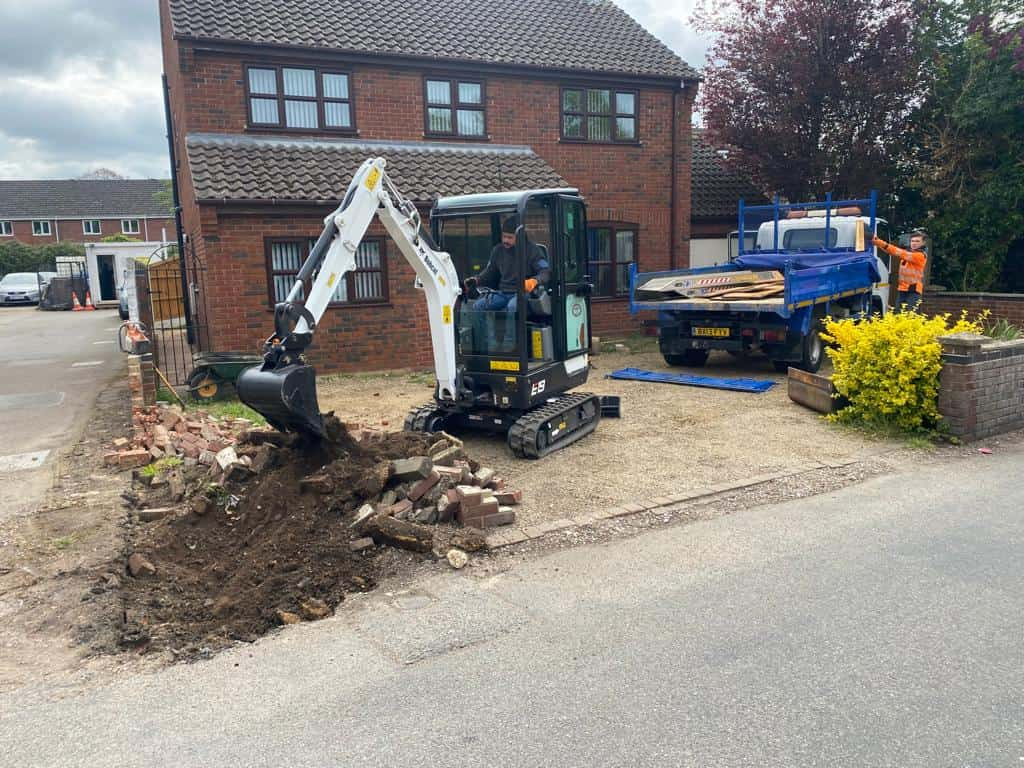Paving the Way: Resin-Bound Paths in Sustainable Urban Development
Introduction: As urban areas continue to expand, the need for sustainable development practices becomes increasingly important. Resin-bound paths offer a versatile, eco-friendly solution for urban landscapes, contributing to sustainable urban development initiatives. In this blog post, presented by Hawkhurst Driveways, we’ll explore the role of resin-bound paths in sustainable urban development and their numerous benefits for both the environment and the community.
Permeable Surface:
- Resin-bound paths feature a porous surface that allows rainwater to infiltrate the ground, reducing runoff and minimising the risk of flooding in urban areas. This porous surface helps to replenish groundwater supplies, mitigate the urban heat island effect, and improve overall water quality by filtering pollutants and contaminants from stormwater runoff. By promoting natural drainage and groundwater recharge, resin-bound paths play a crucial role in sustainable water management in urban environments.
Urban Green Spaces:
- Resin-bound paths provide opportunities to enhance urban green spaces and promote biodiversity within urban environments. By incorporating native plantings, bioswales, or rain gardens alongside resin-bound paths, cities can create vibrant green corridors that support local ecosystems, provide habitat for wildlife, and improve air quality. These green spaces also offer recreational opportunities for residents, encouraging outdoor activities and connecting communities with nature.
Reduced Heat Absorption:
- Unlike traditional paving materials such as concrete or asphalt, resin-bound paths have a lower heat absorption rate, helping to mitigate the urban heat island effect in densely populated areas. By reflecting more sunlight and retaining less heat, resin-bound paths help create cooler and more comfortable urban environments, reducing energy consumption for cooling and improving the overall livability of cities. This contributes to enhanced urban resilience to climate change and extreme heat events.
Sustainable Materials:
- Resin-bound paths are made from sustainable materials, including natural aggregates and environmentally friendly resins. These materials are sourced responsibly and produced using eco-friendly manufacturing processes, minimising their carbon footprint and environmental impact. By choosing resin-bound paths for urban development projects, cities can support sustainable supply chains, reduce reliance on non-renewable resources, and promote environmentally friendly construction practices.
Community Engagement:
- Resin-bound paths contribute to community engagement and social cohesion by providing accessible and inviting public spaces for residents to enjoy. These paths connect neighbourhoods, parks, and amenities, encouraging walking, cycling, and active transportation. By fostering community interaction and social connectivity, resin-bound paths help to create vibrant and inclusive urban environments where people can live, work, and play.
Conclusion: Resin-bound paths play a vital role in sustainable urban development, offering a range of environmental, social, and economic benefits for cities and communities. With their porous surface, support for urban green spaces, reduced heat absorption, sustainable materials, and promotion of community engagement, resin-bound paths contribute to creating healthier, more resilient, and more livable urban environments.
Call us on: 01580 234 695
Click here to find out more about Hawkhurst Driveways
Click here to complete our contact form and see how we can help with your driveway needs.

